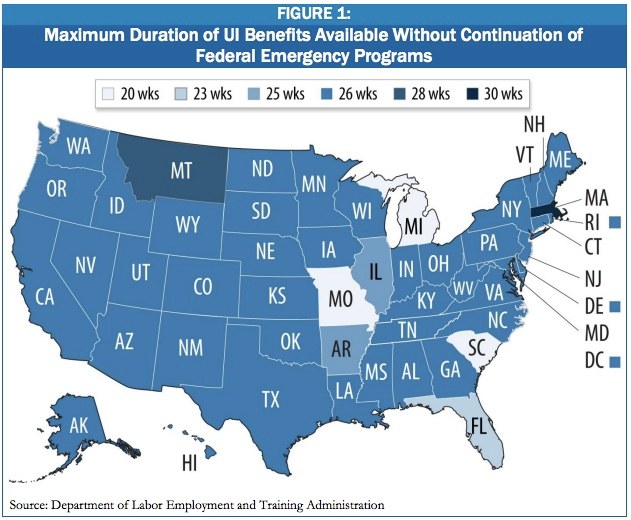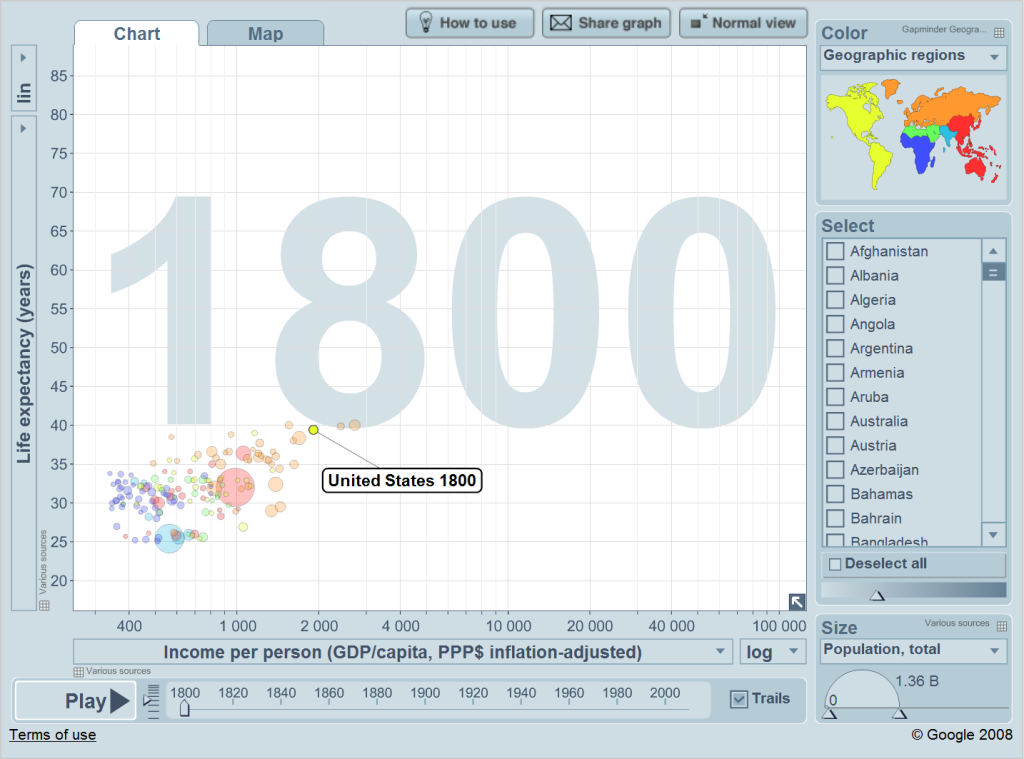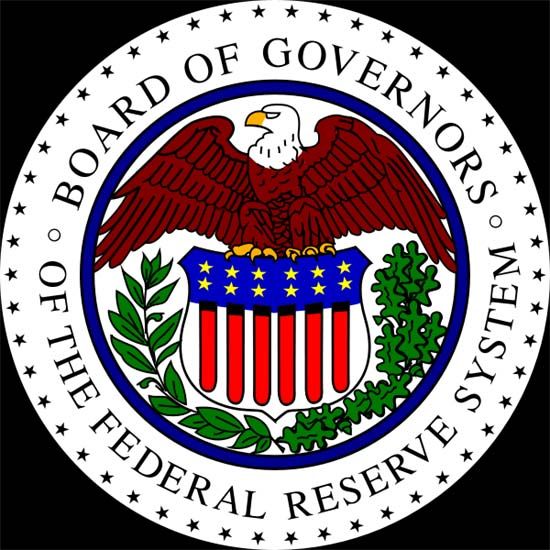All photos in this post are by Prince Balume and Achilles Balume, and are posted here with permission.

In 2006, DR Congo passed a new constitution, which is similar to our (US) constitution in many ways. The right to vote, to assemble, and to free speech are guaranteed. Beyond our constitution, it guarantees strong parity between men and women. The issue today, though, is that it imposes tenure limits on the President.
By law, President Joseph Kabila must step down and allow an open election in 2016. He began as a military dictator who led the country through a transitional government, and was then democratically elected President. His re-election met with some criticism, and he’s since been maneuvering to extend his tenure — recently by trying to amend the tenure law outright, and then by introducing requirements that would delay the election.
People in DR Congo are still learning about the law and starting to believe in their rights. If Kabila stays in power, it will set back the progress the people have made toward a Democratic DR Congo. John Kerry and the US State Department have been trying to get him to step down at the end of his term.
Last month, Kabila’s supporters in Parliament passed a census requirement for the next election. That law would delay the 2016 election indefinitely. The people of DR Congo organized a coordinated demonstration to protest the census requirement. The government cracked down on the protesters. Some were killed and others are not yet accounted for.
The great success was that Parliament eventually relented and removed the census requirement. It was a real step toward implementing democracy. It dearly cost people who demonstrated, though — some who paid with their lives.





